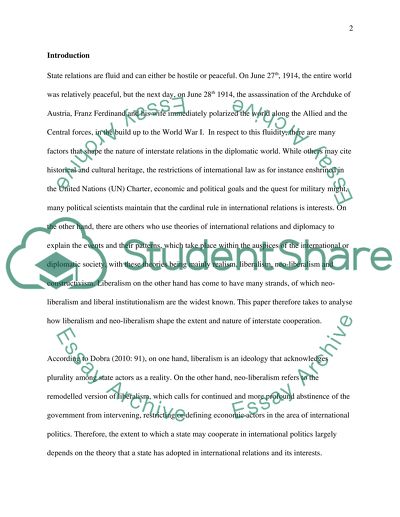Cite this document
(“The Extent To Which States can Cooperate Essay Example | Topics and Well Written Essays - 3500 words”, n.d.)
Retrieved de https://studentshare.org/history/1392768-the-extent-to-which-states-can-cooperate
Retrieved de https://studentshare.org/history/1392768-the-extent-to-which-states-can-cooperate
(The Extent To Which States Can Cooperate Essay Example | Topics and Well Written Essays - 3500 Words)
https://studentshare.org/history/1392768-the-extent-to-which-states-can-cooperate.
https://studentshare.org/history/1392768-the-extent-to-which-states-can-cooperate.
“The Extent To Which States Can Cooperate Essay Example | Topics and Well Written Essays - 3500 Words”, n.d. https://studentshare.org/history/1392768-the-extent-to-which-states-can-cooperate.


